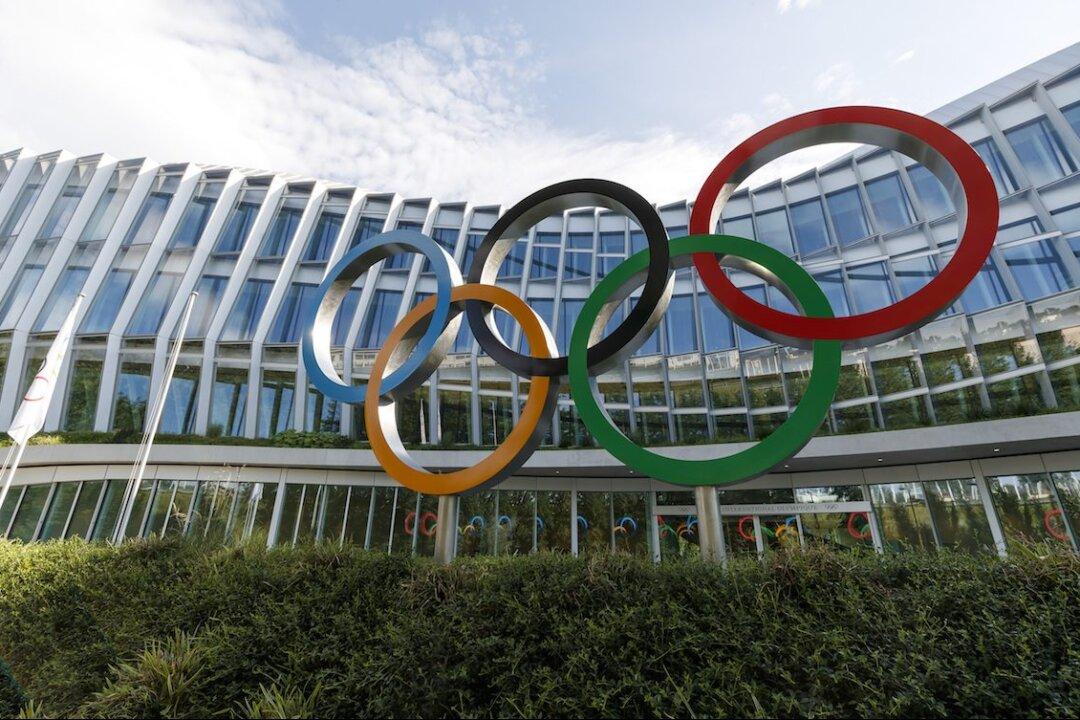LAUSANNE, Switzerland—While the Winter Olympics still has issues attracting bidders, two candidates have stayed on June 24’s ballot to pick the 2026 host.
The contest is formally a choice between Milan-Cortina and Stockholm-Are. Effectively it is northern Italy against Sweden and Latvia as the costs and duties of Olympic hosting shift from cities to regions and multiple nations.





